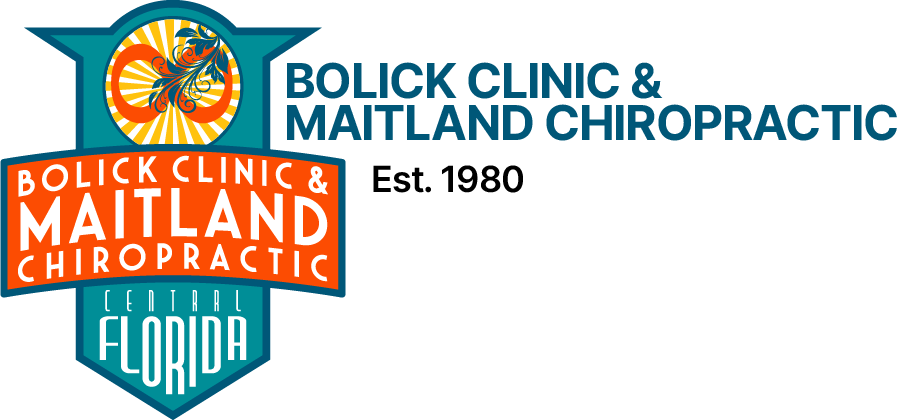DOT Physical Diabetes & A1C
Do you need to get your blood sugar or A1C under control quickly for a DOT physical, or more importantly to get and stay healthier? If so the following 2 protocols will get blood sugar numbers back into the normal range faster than any other method.
I highly recommend that you get a blood glucose meter and start checking your own blood sugar, both fasting and after meals.
Here are the DOT rules for blood sugar: All drivers diagnosed with diabetes must bring a printed copy of their most recent hemoglobin A1C from his or her primary care physician. This lab value must be 10% percent or less and be done within the last 6 months. The driver will receive a one year certificate if cleared. If the A1C levels are between 10-12% then the driver will receive a 3 month certificate. If, after 3 months, the new AIC levels are 10% or less at the end of the 3 months, the driver will receive a 9 month certificate based on the previous physical exam. If they are higher than 10% the driver will not receive a card.
If the driver does not have the lab results available or his or her urine is positive for sugar, a random blood test (RBT) will be done. If this is 250 or less the driver will receive a 3 month certificate in which he should see his primary care physician and obtain an AIC lab. Once he/she returns with the report and it is less than 10% then 9 months will be added to your medical certification expiration date. There will be an additional charge for the provider to review the driver’s records and labs.
If a driver has never been diagnosed with diabetes and a random blood test is greater than 250, the driver will not receive a medical certificate and will need to return with A1C for any further consideration.
YOU FIRST NEED TO DETERMINE WHETHER YOU ARE:
HYPOGLYCEMIC – Low blood sugar, usually less than 70 mg/dl (3.8 mmol/L) I’m talking about the common, everyday form of hypoglycemia that plagues non-diabetic people and is responsible for symptoms such as fatigue, mental “fogginess,” confusion, slurred speech, trembling, rapid heart beat, irritability, and sweating. This form of hypoglycemia–“reactive hypoglycemia”–typically occurs about 90 minutes to 3 hours after eating (varying depending on the composition of the meal and the vigor of your insulin response). This usually occurs in people who are pre-diabetic and if not addressed and corrected will progress into full blown type 2 diabetes. hypoglycemia virtually always follows hyperglycemia. In other words, low blood sugar is nearly always preceded by high blood sugar. Hypoglycemia is most likely to occur in people who have insulin resistance and pre-diabetes who produce three-, four-, or five-fold greater quantities of insulin than normal. So the blood sugar roller coaster ride starts with a meal containing carbohydrates, resulting in a high blood sugar that triggers release of excessive insulin. Blood sugar is cleared from the bloodstream by insulin (and converted to fat) but the effects of insulin persist, dropping blood sugar to low levels, generally below 70 mg/dl. At this point, consuming sugar does indeed raise blood sugar back up and provide immediate relief of the symptoms–but the process can start over again, not to mention can also add to the insulin resistance/pre-diabetic situation and cause weight gain. – Dr William Davis, Author of Wheat Belly
HYPERGLYCEMIC – Chronic high blood sugar, Fasting hyperglycemia . This is blood sugar that’s higher than 130 mg/dL (milligrams per deciliter) after not eating or drinking for at least 8 hours.
Postprandial or after-meal hyperglycemia. This is blood sugar that’s higher than 180 mg/dL 2 hours after you eat. People without diabetes rarely have blood sugar levels over 140 mg/dL after a meal, unless it’s really large.
Frequent or ongoing high blood sugar can cause damage to your nerves, blood vessels, and organs. It can also lead to other serious conditions. No matter which group you fall under, you will want to eat the same type of diet. Very low carbohydrate, moderate protein, and lots of healthy fats. This can be referred to as a ketogenic diet, or LCHF (Low Carb High Fat).
I also highly recommend supplementation for both of these conditions, but the supplement regime is slightly different for each group so you really need to be sure which group you belong to.
WHAT IF I USE INSULIN TO CONTROL MY DIABETES
As a part of the medical certification process for insulin treated diabetes mellitus (ITDM) individuals, the Federal Motor Carrier Safety Administration requires that the Insulin Treated Diabetes Mellitus Assessment Form (ITDM), MCSA-5870, be completed by the ITDM individual’s Treating Clinician attesting that the individual has a stable insulin regimen and properly controlled diabetes. ITDM individuals are required to provide the ITDM Assessment Form, MCSA-5870, to the Certified Medical Examiner within 45 days of completion by the Treating Clinician.
Insulin Treated Diabetes Mellitus (ITDM) Assessment Form, MCSA-5870 can be downloaded at Form MCSA-5870 Insulin-Treated Diabetes Mellitus Assessment Form

